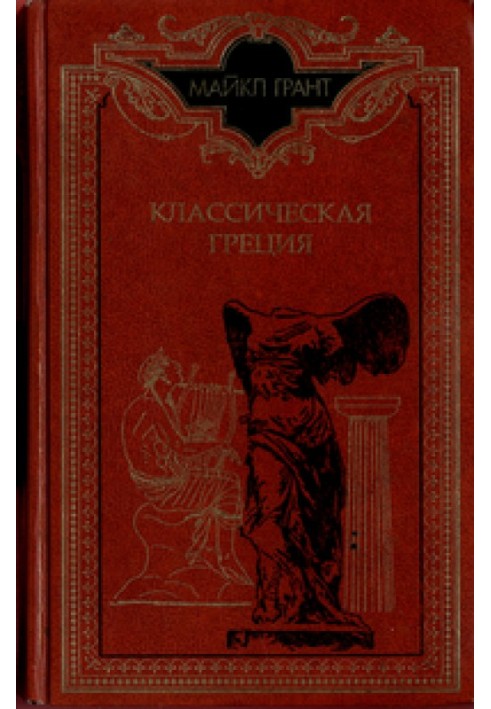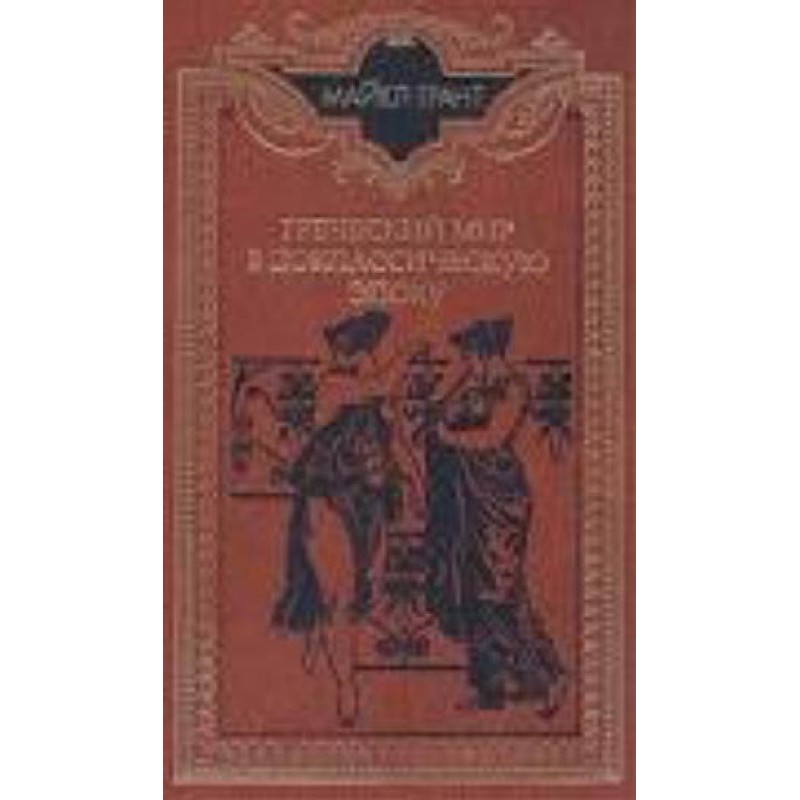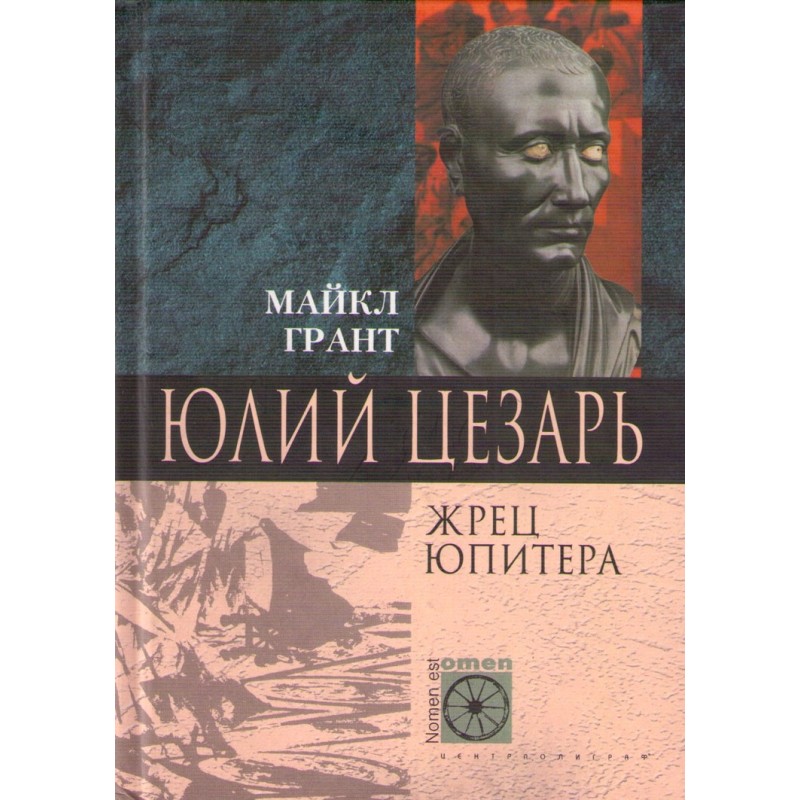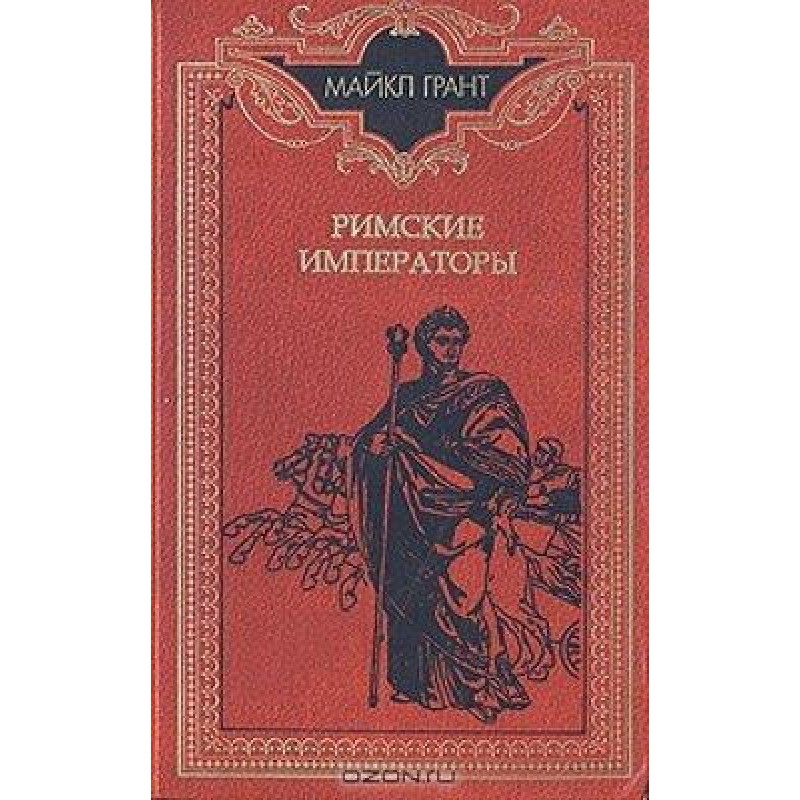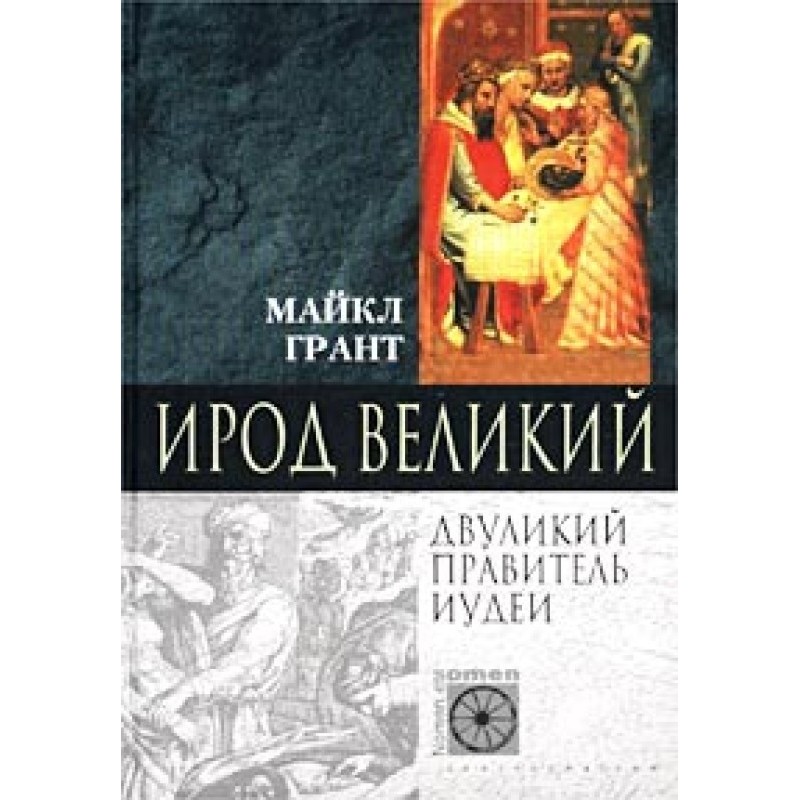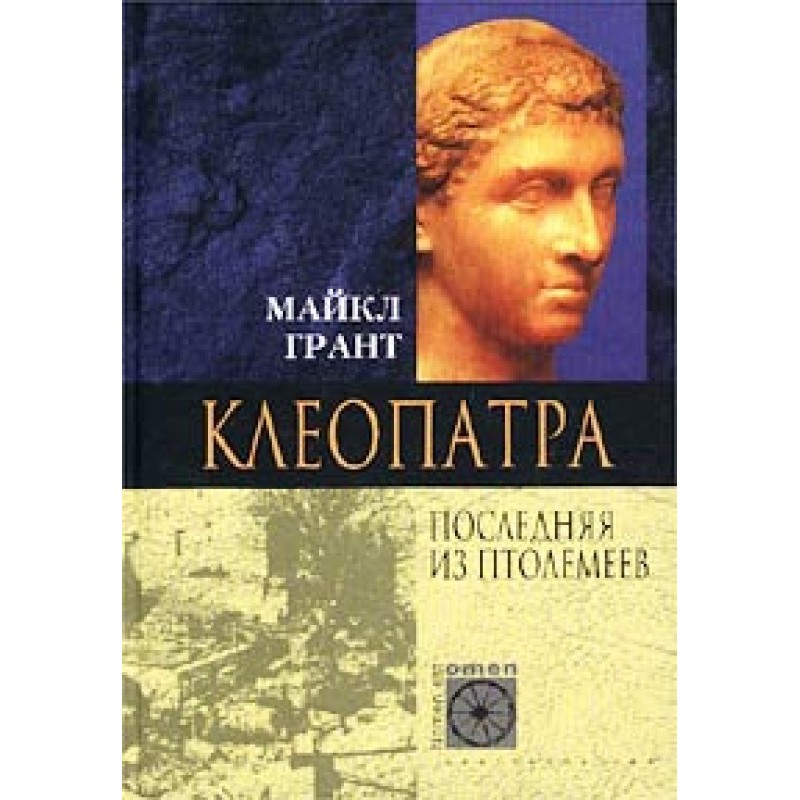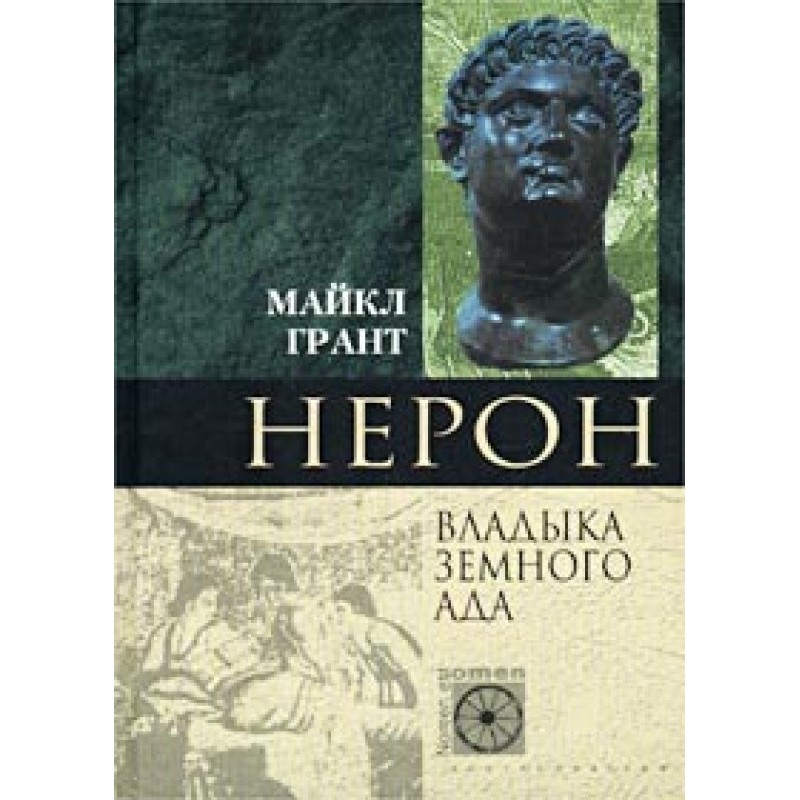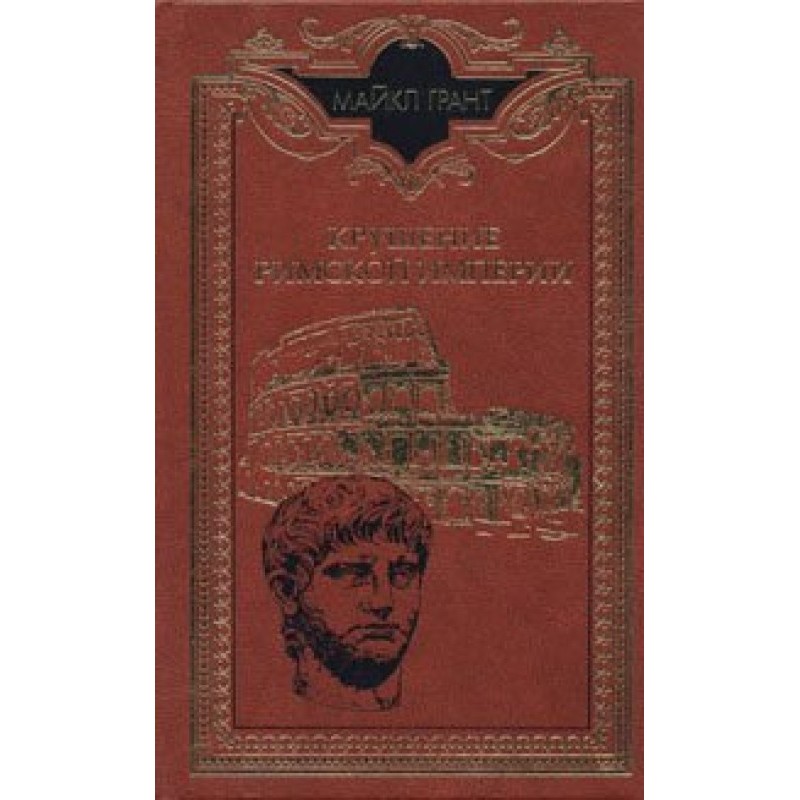Classical Greece
 Instant download
Instant download
after payment (24/7)
 Wide range of formats
Wide range of formats
(for all gadgets)
 Full book
Full book
(including for Apple and Android)
Michael Grant's book is dedicated to the history of Greece for the period from the end of the 5th century. BC e. until the end of the 3rd century. BC e. - the so-called “classical” Greece. The author built his narrative based on the figures of several prominent people of that time: these are famous generals - Miltiades, Themistocles, Alexander the Great (Macedonian), and great historians - Herodotus, Thucydides, and outstanding philosophers - Sophocles, Socrates, Plato, Aristotle, and remarkable architects and sculptors - Polykleitos, Phidias, Praxiteles, and popular playwrights of our time - Aeschylus, Euripides, Aristophanes, etc.
This composition of the book allowed the author to acquaint the reader in more or less detail not only with historical events, but also with the activities of prominent people in Greece of that period. CONTENTS: Introduction 5I. Wars with external enemiesChapter 1. Miltiades: victory at Marathon 11Chapter 2. Themistocles: victory at Salamis 16Chapter 3. Pausanias: victory at Plataea 22Chapter 4. Gelon and Hiero: victory at Himera and Cumae 28II. Between the wars: the first periodChapter 5. Cimon: creator of the empire 35Chapter 6. Pindar: past values 40Chapter 7. Aeschylus: gods and men 45Chapter 8. Parmenides and the further development of his ideas 51Chapter 9. Olympian master: early classical temple sculpture 56Chapter 10. Polygnotus: revolution in painting 60III. The Age of PericlesChapter 11. Pericles: Imperial Democracy 68Chapter 12. Protagoras and the Sophist Subverters 76Chapter 13. Herodotus: the Birth of Historical Science 82Chapter 14. The Master of Riace and Polykleitos: Male Nude Sculpture 87Chapter 15. Ictinus and Phidias: Parthenon 96IV. Peloponnesian WarChapter 16. Hermocrates: the savior of the Western Greeks 108Chapter 17. Sophocles: the mental torment of his heroes 115Chapter 18. Euripides: a tragic challenge to fate 123Chapter 19. Aristophanes: a comedy of protest 136Chapter 20. Hippocrates: doctor and scientist 146Chapter 21. Socrates: the ironic questioner 150Chapter 22 . Zeuxis and Parrhasius: a new look at art 156Chapter 23. Thucydides: historian of war 161Chapter 24. Lysander: conqueror of Athens 167First half of the 4th century: west and eastChapter 25. Dionysius I: creator of the empire 175Chapter 26. Archytas: ruler-philosopher 181Chapter 27. Leucos I: grain route 185Chapter 28. Mausolus and Pytheas: Mausoleum 191V. First half of the 4th century: mainland GreeceChapter 29. Epaminondas: the end of the political path 200Chapter 30. Xenophon: the writer-landowner 207Chapter 31. Plato: unchanging reality 211Chapter 32. Isocrates: pan-Greek pedagogue-theorist 226Chapter 33. Praxiteles: the animation of sculpture 230The end of classical GreeceChapter 34 . Timoleon: the rise of Sicily 235Chapter 35. Philip II: destroyer of the polis system 239Chapter 36. Demosthenes: orator confronts the future 248Chapter 37. Aristotle: the boundaries of knowledge in the classical philosophy of the Greeks 256E p i l o g 270AppendicesI. Pythagoras and his followers 276II. Women 278III. Meteki 281IV. Between free men and slaves 283V. Slaves 285Bibliographical references to sources 287Notes 292BibliographyI. Ancient sources 310II. Modern sources 313Index 321
Data sheet
- Name of the Author
- Майкл Грант
- Language
- Russian
Reviews
Неперевершене дослідження класичної Греції
Книга Майкла Гранта "Класична Греція" є справжнім шедевром для всіх, хто цікавиться історією та культурою давньої Греції. Автор майстерно поєднує біографії видатних постатей, таких як Олександр Великий, Сократ, Платон і багато інших, з описом важливих історичних подій та культурних досягнень того часу. Читач має можливість зануритися в епоху, коли філософія, мистецтво та політика досягли неймовірних висот. Грант не лише розповідає про війни та політичні інтриги, але й акцентує увагу на людських переживаннях та емоціях, що робить цю книгу надзвичайно живою і захопливою. Я особисто отримав величезне задоволення від читання, адже кожен розділ відкриває нові горизонти знань і спонукає до роздумів. Рекомендую цю книгу всім, хто хоче глибше зрозуміти спадщину класичної Греції та її вплив на сучасний світ!

